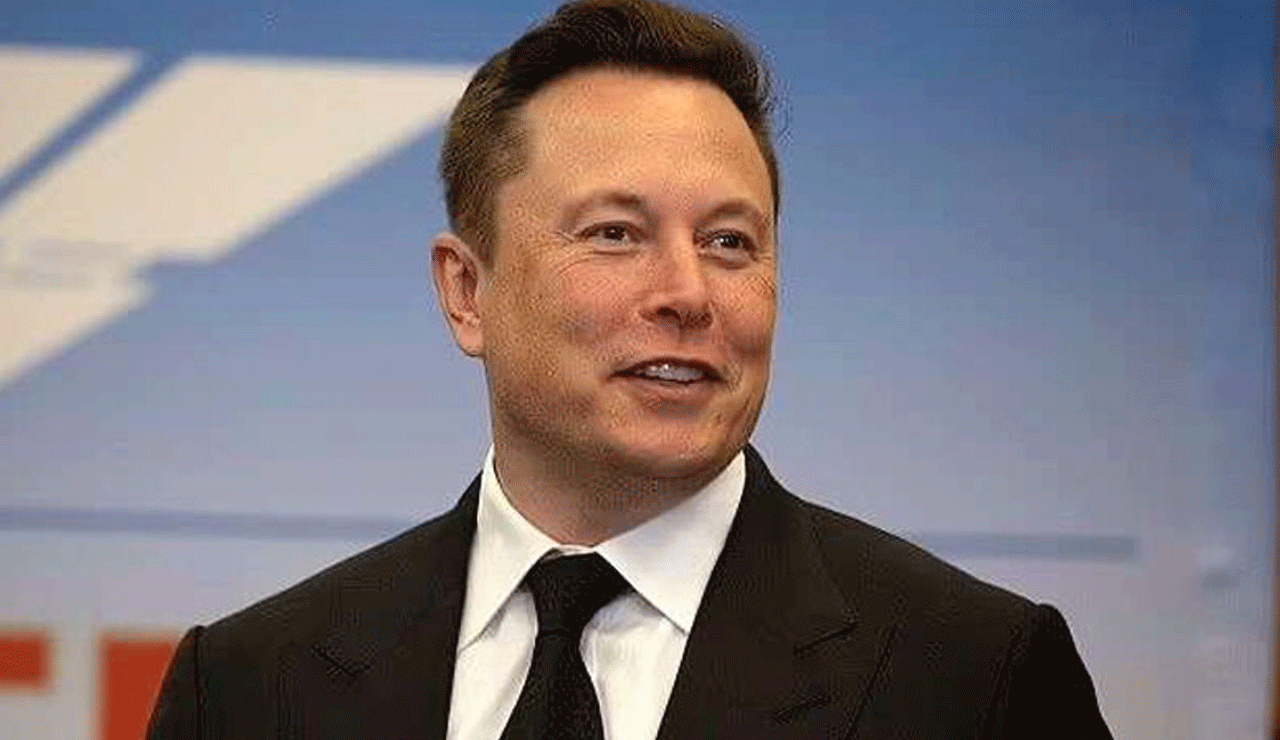Tesla Hits Indian Roads: First Showroom Opens in Mumbai on July 15
Billionaire entrepreneur Elon Musk is making bold moves in India with the upcoming entry of two of his most powerful companies — Tesla and Starlink. While Tesla is preparing to open its first showroom in Mumbai’s Bandra Kurla Complex (BKC) on July 15, Starlink is gearing up to launch high-speed satellite internet services across the country.

Mumbai: Billionaire entrepreneur Elon Musk is making bold moves in India with the upcoming entry of two of his most powerful companies — Tesla and Starlink. While Tesla is preparing to open its first showroom in Mumbai’s Bandra Kurla Complex (BKC) on July 15, Starlink is gearing up to launch high-speed satellite internet services across the country.
Table of Contents
This dual-entry marks a significant moment for India’s technology and automotive sectors, bringing cutting-edge electric vehicles and next-gen satellite internet connectivity to Indian consumers.
Tesla Opens First “Experience Centre” in Mumbai
Tesla announced its arrival on Indian soil with a newly launched X (formerly Twitter) handle for India and confirmed the launch of its first showroom — called an “Experience Centre” — in Mumbai. Ahead of the opening, five Model Y vehicles have already landed in the city for display and test purposes.
A second showroom is reportedly planned for Delhi’s Aerocity, likely to be inaugurated by the end of July 2025. Tesla bookings may begin by August or September, but the price tag is steep — ₹65 lakh to ₹70 lakh, roughly double the cost of the same car in the US.
The reason? India currently imposes a 70% import duty on completely built units (CBUs), along with other surcharges and registration costs. While the import tax was earlier 110%, it was lowered in early 2025 to enable Tesla’s entry.
Also Read: Aamir Khan’s Sitaare Zameen Par Crosses ₹160 Crore, Shines Globally
Despite government pressure to manufacture locally, Tesla has no immediate plans to set up a factory in India, preferring to first “test the waters” in a price-sensitive market dominated by Tata, Mahindra, and BYD with far more affordable EVs.
Starlink to Launch High-Speed Satellite Internet Across India
Meanwhile, Musk’s second venture, Starlink Satellite Communications, is poised to revolutionize India’s internet landscape. Last week, the Indian government officially granted a satellite communication license to Starlink through the Indian National Space Promotion and Authorization Centre (IN-SPACe).
Starlink Gen1 — consisting of 4,408 Low Earth Orbit (LEO) satellites — will now provide high-speed satellite internet services across India with a projected 600 Gbps capacity, especially benefiting rural and remote areas where traditional broadband fails.
Although Starlink services will be costlier than standard broadband, they promise unmatched speed and global coverage. Minister for Communications Jyotiraditya Scindia welcomed Starlink’s entry, calling India “the biggest market for satellite communication in the coming years.”
“India is ready as a vibrant market to welcome every player… Spectrum will be assigned, and pricing determined by regulatory bodies,” said Scindia.
A Tech Leap for India, Challenges Ahead
While both Tesla and Starlink bring cutting-edge technology, challenges remain. Tesla must build a robust charging infrastructure and adapt its vehicles to India’s unique road conditions, while Starlink must offer pricing models that are viable for broader adoption.
Still, Elon Musk’s entry into India represents a major leap forward in tech innovation, digital infrastructure, and green mobility — setting the stage for transformation in both transportation and communication.
